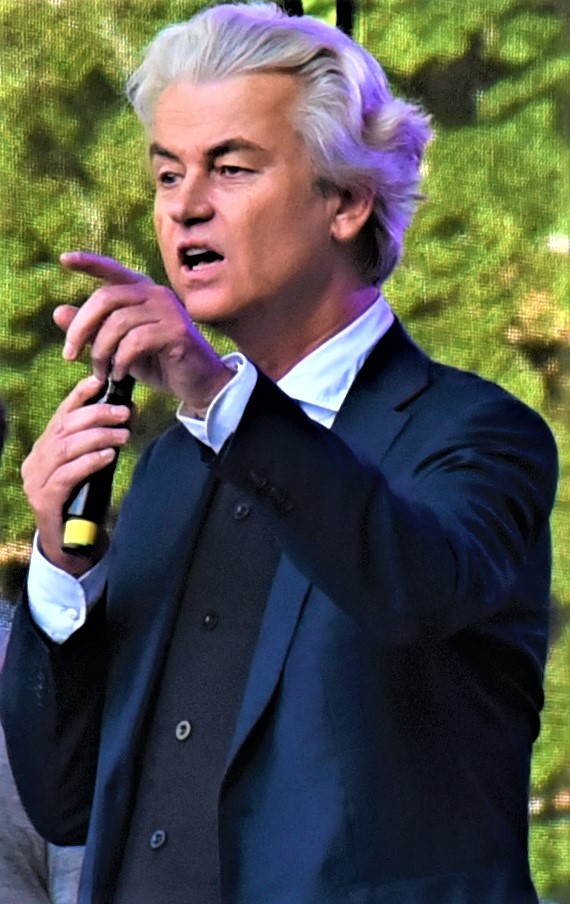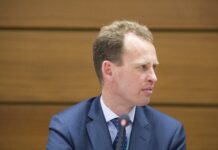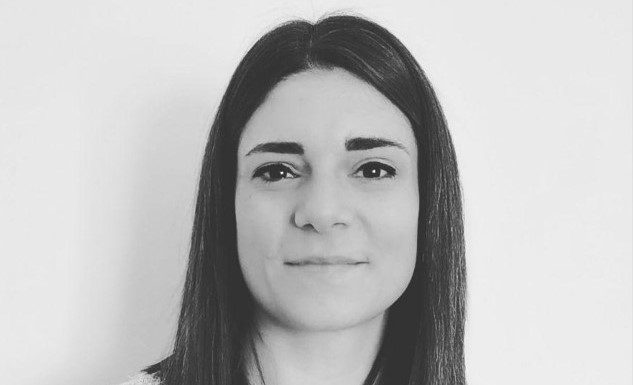
By Pieter de Jonge, a Dutch historian and journalist
Last Wednesday, the Dutch elections for the Lower House led to a major upset, with Geert Wilders seizing an unexpected 37 seats, coming out on top. Mark Rutte, Prime Minister since 2010, had not been running again for his right-liberal VVD for the first time since 2006, and instead of two, there were four parties in the race projected to become the largest. Nevertheless, voting felt rather like a burden. It was not very clear for any of the four parties how they would position themselves after the vote.
Voters have awarded 37 of the 150 seats in the Dutch parliament to the anti-Muslim, anti-immigration, anti-EU Party for Freedom. The Netherlands may now get its first populist prime minister. That would be a blow to Europe https://t.co/HK3tIeqNXQ 👇
— The Economist (@TheEconomist) November 23, 2023
Unpredictable
Three times in a row already – in 2012, 2017 and 2021 – the VVD shelved its party programme after the elections, for the sake of forming a coalition. Would this time be different? The new list leader, Dilan Yeşilgöz, claimed it would. However, VVD watchers see similarities with previous campaigns, and especially with 2021.
Pieter Omtzigt, founder of Nieuw Sociaal Contract (NSC), is an above-average talented MP, but he has no managerial experience. His decision to gradually announce candidate list, party programme and prime ministerial candidate (in the end, he did not rule himself out) only during the course of the campaign was met with mixed reception from the start. Smart tactic to hold media attention or proof that Omtzigt is indecisive? Nor did voters know whether he wanted to govern with VVD, or preferred a centre-left coalition.
The social democratic Labour Party and the Green Left formed a cartel this election, ‘United Left’, with former Eurocommissioner Frans Timmermans as list leader. The idea behind cooperation, and possibly later party merger, was to counterbalance the VVD. Nobody knows whether that cooperation will last if the combination still falls out of government. PvdA-GroenLinks ruled out cooperation with PVV and VVD. Voters knew that VVD and PvdA were fighting each other in 2012, to start coalition talks as early as the evening of the election results. The result became the two-party cabinet Rutte II (2012-2017).
Geert Wilders’s PVV took a more moderate stance this campaign, partly encouraged by VVD’s announcement last summer that it would no longer exclude PVV in advance. But after all these years of sharp positions and crude statements, what is the true face and sound of PVV?
In a way, voting for each of these four parties was a gamble. No wonder turnout was lower than in 2017 (Public broadcaster NOS did not compare with 2021 because that was a Covid year).
Is the PVV far-right?
Polls predicted a neck-and-neck race between four parties in the last week before the election. PVV’s growth to 37 seats, 20 seats erased, was not anticipated. Second was the United Left with 25 seats (+eight). VVD finished third, with 24 seats (-ten). Debutant NSC came fourth with twenty.
Netherlands, national parliament election:
98.5% counted
Seats
PVV→ID: 37% (+20)
GL/PvdA-G/EFA|S&D: 25 (+8)
VVD-RE: 24 (-10)
NSC→EPP: 20 (new)
D66-RE: 9 (-15)
BBB-*: 7 (+6)
…+/- vs. 2021 election
➤ https://t.co/dz1X5eQdmV #verkiezingen2023 pic.twitter.com/Onltwijb83— Europe Elects (@EuropeElects) November 23, 2023
The neighbours of the Dutch are not happy that PVV became largest. Belgium has a cordon sanitaire against Vlaams Belang. Germany has trouble with the far right for historical reasons. In several countries, media describe PVV as “far right”.
The extreme right usually has three characteristics: anti-democratic, willing to commit violence and hating people/foreigners. PVV has no member democracy; Geert Wilders is the only member and elects his candidates. At the same time, PVV always respected the democratic rules of the game, it did not seek a political system other than democracy.
PVV often went verbally over the top, but never called for violence. A speech by Wilders on the night of the 2014 municipal council elections he won was interpreted by opponents as a call to violence, as his supporters scanned ‘fewer, fewer, fewer Moroccans’.
Then there is the third element, disliking groups of people. Wilders has been pro-Israel all his political life. After high school, he spent two years in Israel. He has never indulged in anti-Semitism. Nor aversion to LGBT people.
Remaining are his views on Islam, which are difficult to reconcile with freedom of religion. When Nigel Farage was still an MEP, he refused to cooperate with the PVV, because he thought banning the Quran was contrary to freedom of speech. During the 2009 General Considerations (debate on the Dutch government’s budget), Wilders argued for a ‘headscarf tax’, a tax on headscarves. Replace headscarf with yarmulke.
Wilders has stated that he now considers government participation more important and is willing to put his anti-Islam rhetoric on hold. We shall see.
No “Cordon sanitaire”
The Netherlands has no cordon sanitaire. New parties get the chance to participate in governments relatively quickly when they grow. VVD was unwilling to cooperate again for a long time after the fall of Rutte I (2010-2012), because PVV ended its support for that minority government.
Polls show that the supporters of both VVD and NSC are against excluding the PVV. NSC leader Pieter Omtzigt did rule out cooperation, as did his former party, the Christian Democratic CDA. What if Omtzigt remains principled, against the wishes of his supporters?
In his speech after the exit polls, Omtzigt congratulated the other election winners: PVV, PvdA-GroenLinks and agriculture and regional party BBB (which went from 1 to 7 seats, however performing much weaker than in the provincial elections last Spring, when it came first). He declared his willingness to “jump over his shadow”, which was explained as not excluding PVV. But numerically, a coalition of PvdA-GroenLinks, VVD, NSC and left-liberal D66 is also possible. PvdA-GroenLinks would then be largest party.
It has not happened since 1977 that the largest party did not deliver the prime minister. But Omtzigt could still make Frans Timmermans prime minister.
Gentle healers make stinking wounds. @pietercleppe offers an assessment of Dutch politics under Prime Minister Mark Rutte https://t.co/9oTAvQ2zfN
— The Critic (@TheCriticMag) November 21, 2023
VVD outside of the next government?
On Friday morning, 24 November, Dilan Yeşilgöz, Rutte’s successor as party leader, announced that the VVD will not enter the next government. This is because voters punished the party. However, they are willing to support a right-wing government. This suggests possible tacit support for a Wilders government.
It is too early to determine whether VVD really prefers the opposition or whether they are just playing ‘hard to get’ at the beginning of the formation talks. It is a risky strategy because the day before, news programmes polled that a majority of the population is in favour of a coalition of PVV, VVD, NSC and regional and agricultural party BBB. Among VVD voters, 84% want this and two-thirds think the VVD could participate in a government with Wilders as prime minister.
Within VVD, the rumour circulates that the party leadership is holding off because Rutte is a candidate to become secretary general of NATO. Their idea is that it would look bad if the party enters into a government with the controversial Wilders.
A version of this article was originally published in Dutch, in Flemish magazine Doorbraak.
Disclaimer: www.BrusselsReport.eu will under no circumstance be held legally responsible or liable for the content of any article appearing on the website, as only the author of an article is legally responsible for that, also in accordance with the terms of use.












